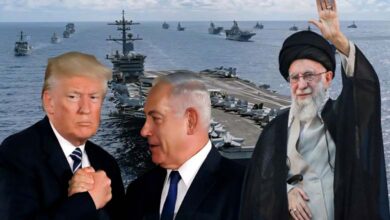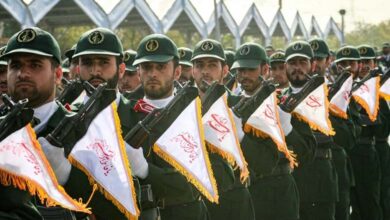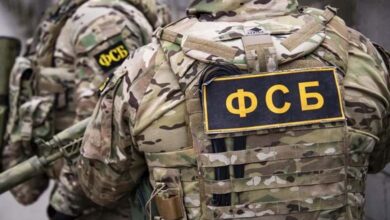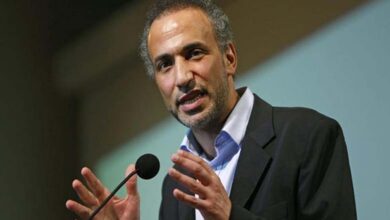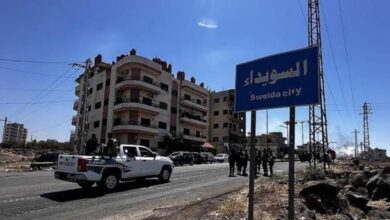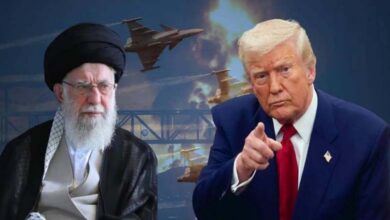Iranians Feel Unsafe After the 12-Day War
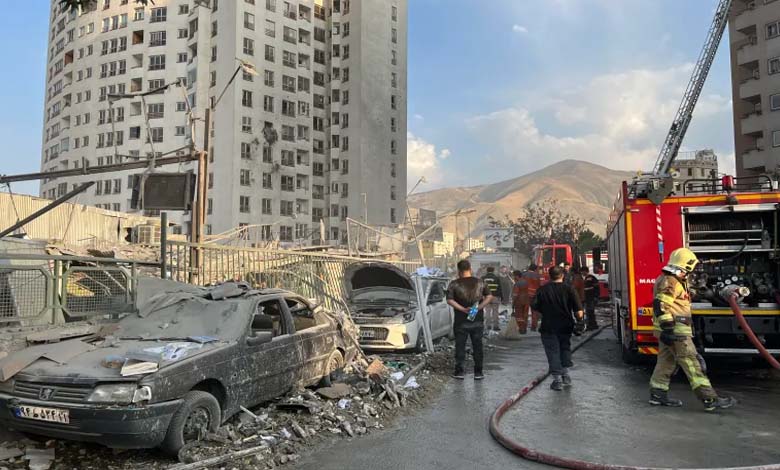
Iran is growing increasingly concerned about potential breaches by Israel’s Mossad intelligence agency. A month after the ceasefire that ended a brief but intense 12-day conflict with Israel, tensions remain high. Many Iranians fear a new war, especially as nuclear negotiations seem to be heading toward a dead end.
-
Mossad or Military Intelligence? Iran Strikes Israeli Security Headquarters
-
Threat Call: How the Mossad Tried to Shake Iran
The conflict exposed alarming vulnerabilities in Iran’s defenses, including its inability to protect critical infrastructure, nuclear scientists, and high-ranking Revolutionary Guard commanders—many of whom were killed in highly precise Israeli strikes. These events revealed the extent of Israeli intelligence penetration into Iran’s security apparatus.
Though the ceasefire has held for about a month, anxiety remains. Iranians are living under a cloud of uncertainty, fearing renewed conflict in a region where Tehran and Tel Aviv have long engaged in indirect hostilities through covert operations, cyberattacks, and sabotage—often described as a “shadow war.”
-
Iran on High Alert Amid ‘Major Breach’: Mossad Operatives Captured by Security Forces
-
Who Will Receive Gaza’s Palestinians? Mossad on a Secret Mission
Iran’s Revolutionary Guard intelligence recently warned citizens about an uptick in foreign recruitment efforts, underscoring fears that the Mossad is continuing its clandestine operations. During the last conflict, Israel succeeded in eliminating key military and nuclear figures, dealing a blow to Iranian security.
Personal testimonies from civilians, such as Peyman in Shiraz or Hamid, a government worker in Tehran, express widespread unease. Many saw the airstrikes on Tehran as a reminder of the traumatic 1980s Iran-Iraq war, which claimed around 500,000 lives. Although shorter, the recent war rekindled those memories.
-
New Details on Haniyeh’s Assassination: What is the Involvement of Mossad and Iran’s Revolutionary Guard?
-
Israeli Army and Mossad Agree on Plans to Strike Iran
Golandam Babaei, a 78-year-old homemaker from Kermanshah, recalls fleeing during the Iraq war and now fears having to run again. Former war veteran Ali Khanzadi, injured in 1993, noted that while past wars were fought on the ground, today’s conflicts involve drones and long-range missiles capable of killing from afar without warning.
Iranian authorities continue to call for national unity and prepare the country for a possible return to conflict. Supreme Leader Ali Khamenei stated that Israel’s goal was to overthrow the Islamic regime, urging diplomats to act with extreme caution during this volatile period.
Tehran claims it remains open to nuclear diplomacy with the United States but insists on concrete guarantees. Yet, for many Iranians, the shadow of renewed war looms large, raising doubts about the country’s future security and regional stability.


